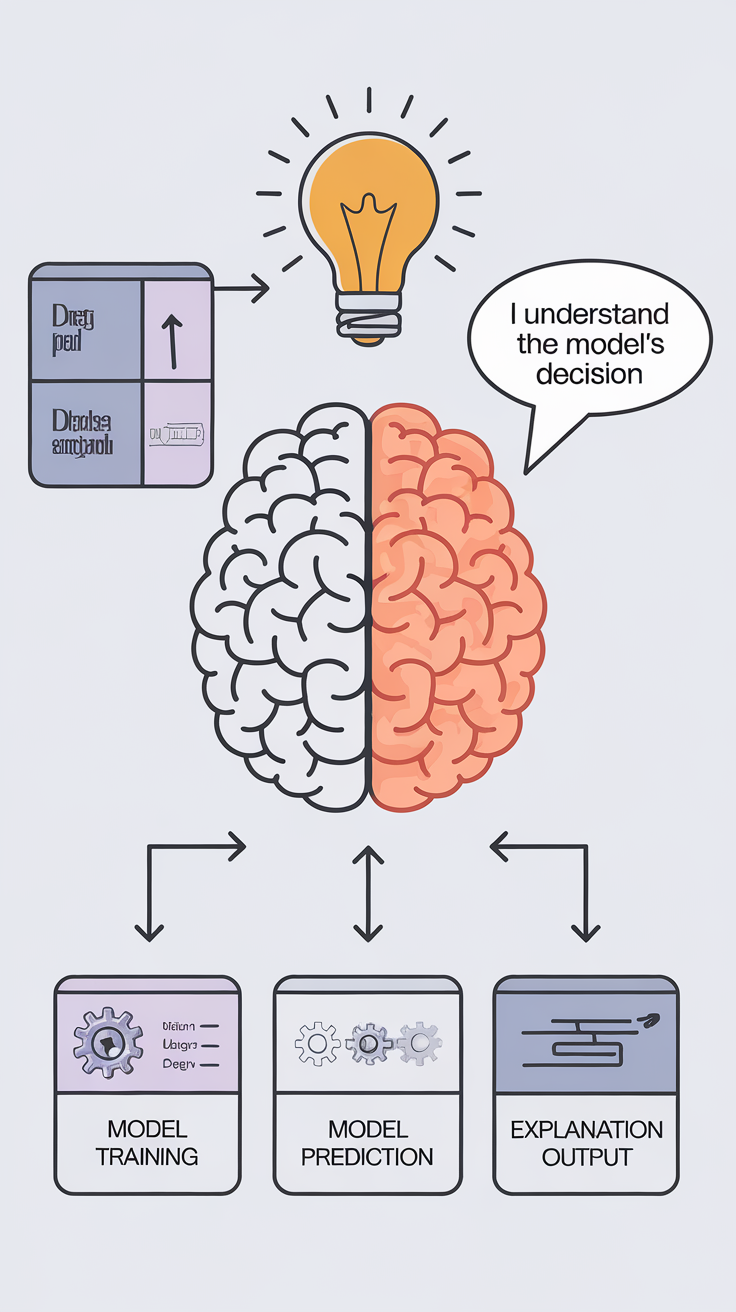The Power of Mindful Eating: A Guide to Sustainable Weight Loss
Last Updated: July 18, 2025 at 6:00:48 AM UTC
Mindful eating is a powerful tool for achieving sustainable weight loss, but it requires a deep understanding of its principles and practices.

In the quest for sustainable weight loss, many of us have tried various fad diets, quick fixes, and magic bullets. However, the most effective and long-lasting approach to weight management is rooted in a profound understanding of our relationship with food and our bodies. Mindful eating is a powerful tool that can help us develop a healthier and more balanced relationship with food, leading to sustainable weight loss and overall well-being.
What is Mindful Eating?
Mindful eating is the practice of paying attention to the sensations, emotions, and thoughts that arise when we eat. It involves cultivating awareness of our hunger and fullness cues, savoring each bite, and honoring our body's natural appetite and satiety signals. This approach is not about deprivation or restriction, but rather about developing a deeper understanding of our eating habits and making conscious choices that nourish our bodies and souls.
The Science Behind Mindful Eating
Research has shown that mindful eating can lead to significant improvements in weight management, including:
- Reduced food intake: When we eat mindfully, we tend to consume fewer calories and reduce our overall food intake.
- Improved digestion: Mindful eating can help regulate digestion and reduce symptoms of irritable bowel syndrome (IBS) and other gastrointestinal disorders.
- Increased satiety: By paying attention to our hunger and fullness cues, we can better recognize when we're satisfied and stop eating.
- Reduced stress: Mindful eating can help reduce stress and anxiety, which are common triggers for overeating and poor food choices.
The Benefits of Mindful Eating
In addition to its physical benefits, mindful eating can have a profound impact on our emotional and mental well-being. By cultivating a deeper connection with our bodies and food, we can:
- Develop a more positive body image: Mindful eating can help us recognize that our bodies are capable and worthy of nourishment, leading to a more positive body image.
- Reduce emotional eating: By paying attention to our emotions and thoughts while eating, we can better recognize when we're using food as a coping mechanism and make healthier choices.
- Improve relationships with food: Mindful eating can help us develop a more balanced and healthy relationship with food, reducing feelings of guilt, shame, and anxiety.
How to Practice Mindful Eating
So, how can you start practicing mindful eating? Here are some simple tips to get you started:
- Eat slowly and savor each bite: Take small bites and pay attention to the flavors, textures, and aromas of your food.
- Eliminate distractions: Turn off the TV, put away your phone, and eat in a distraction-free environment.
- Pay attention to your hunger and fullness cues: Honor your body's natural appetite and satiety signals, and stop eating when you're satisfied.
- Eat with intention: Choose foods that nourish your body and soul, and savor each bite with gratitude and appreciation.
Conclusion/Key Takeaways
Mindful eating is a powerful tool for achieving sustainable weight loss and overall well-being. By cultivating a deeper connection with our bodies and food, we can develop healthier eating habits, reduce stress and anxiety, and improve our relationships with food. Remember, mindful eating is not a quick fix or a fad diet – it's a long-term approach that requires patience, practice, and self-compassion.












